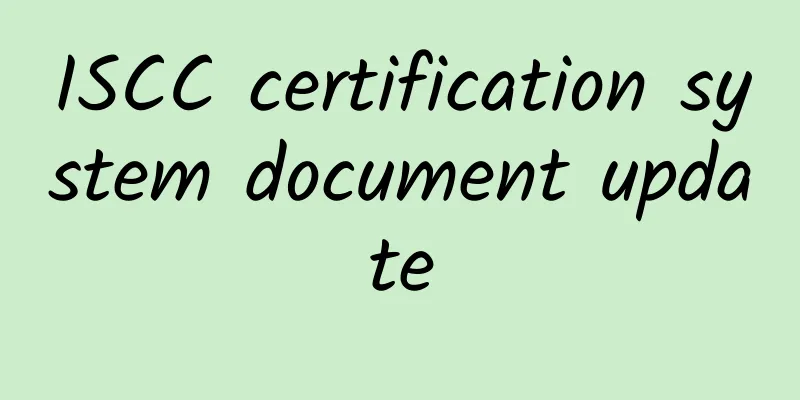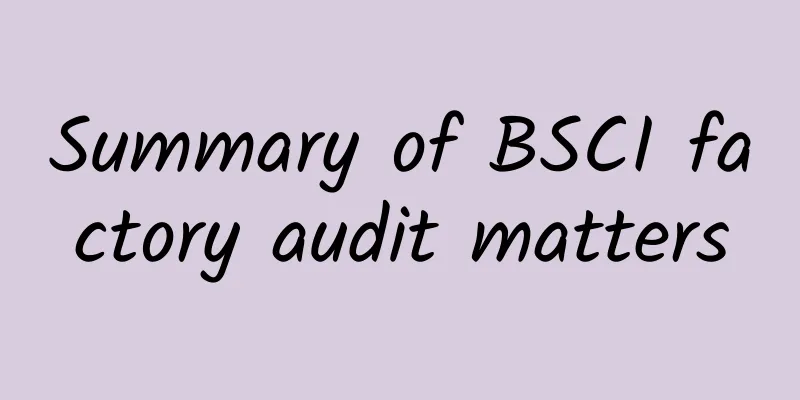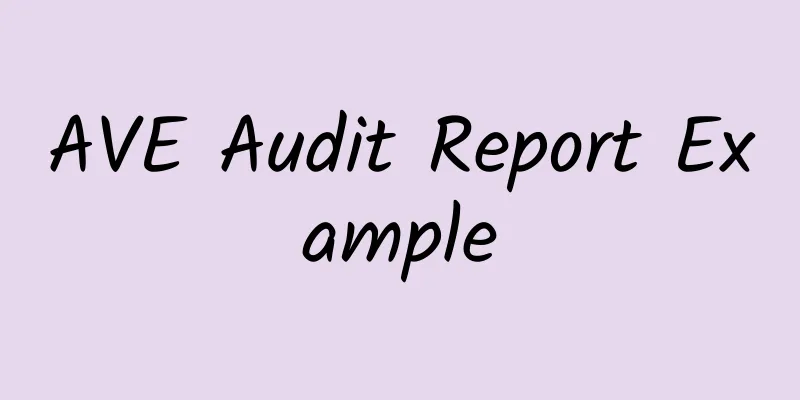ISCC certification system document update

|
As one of the internationally recognized sustainable certification systems, ISCC (including the ISCC EU system and the ISCC PLUS system) has been widely used due to its sound system and wide application range [1]. With the continuous improvement of the ISCC system and the feedback from system users and certification bodies, the ISCC system document content and audit requirements are also continuously updated. System content update 1. Material classification The raw materials involved in the ISCC system come from a wide range of sources, and the subsequent collection, handling and processing will also cause changes in the physical or chemical properties of the materials [2]. In order to unify and coordinate the categories and names of various materials in the system, ISCC has redefined them. According to the nature of the source, the ISCC PLUS system divides materials into three categories: biomaterials, recycled materials (biological cycle/technical cycle) and renewable materials. (1) Biomaterials are materials derived from raw biomass, where biomass refers to the biodegradable portion of products from agriculture, forestry and related industries (including fisheries and aquaculture). (2) Circular materials refer to materials that are considered waste/processing residues at the source of the supply chain. These materials are not landfilled or fully utilized but are reused or recycled in further recycling processes. They include two major categories: biological recycling (agriculture, forestry and related industries) and technical recycling (mechanical or chemical processing). (3) Renewable raw materials include materials of non-biological origin, produced using processes that use renewable energy sources (other than wind, solar, gas, tidal, geothermal or water), where the input raw materials do not contain usable energy. It is important to note that materials that are reused in the same production process and can be reworked, regrinded or scrapped are not considered recycled materials. The processing of pre-consumer materials requires additional process steps, such as release by an officially designated waste management company or an external company, to be called "circular". Among them, the existence of official waste management regulations is a prerequisite for the internal processing of waste materials. The relevant information must be included in the self-declaration document and passed downstream throughout the supply chain. 2. Authentication Type (1) Mechanical recycling Mechanical recycling refers to a process in which the chemical molecular structure of the material is not significantly changed and the plastic is preserved as a material. Mechanical recycling should be preferred to chemical recycling of plastic waste. Chemical recycling should be used if mechanical recycling is not applicable from a technical and economic point of view and may result in poor product quality or have a greater negative impact on the environment. If the material is processed for mechanical recycling, the scope of certification should be defined as “Mechanical Recycling Plant”. (2) Final product improvement For companies that receive ISCC materials after the processing plant and manufacture the final product, ISCC defines it as a new certification scope - "Final Product Improvement". Its typical processes include: assembly, lamination, printing (such as ISCC logo on packaging), sealing and other packaging. Materials list updated ISCC certification covers all types of sustainable raw materials, including biomass materials, renewable energy and recycled materials. In order to adapt to the revision of RED II and the continuous increase of certification materials, the ISCC system is also constantly updated and supplemented. Some typical updated materials are shown in the attached table. It should be noted that all materials in the ISCC EU system are also applicable to the ISCC PLUS system. ISCC material names are not fixed, and ISCC system users can make more specific additional declarations on sustainable materials in sustainability declarations, delivery documents or sustainability certificates. If the material to be certified is not yet included in the existing ISCC material list, you can contact ISCC to apply for addition. Still worried about failing ISCC certification? Don’t worry! Chaowang Consulting and Guidance has been engaged in factory inspection guidance and certification consulting for many years. It has rich experience and connections, is familiar with the process and steps of factory inspection and certification, and can help companies solve certification problems at any time, easily deal with them, and pass them smoothly. Consultation phone: 021-51029391! |
<<: Benefits of ISCC certification for business and society
>>: Interpretation of ISCC Audit Key Points
Recommend
Walmart ES Audit Checklist
Walmart ES Audit Checklist Chaowang Enterprise Ma...
What is Sellics? What are the functions of Sellics?
What is Sellics? Sellics is an Amazon operation t...
ADIDAS factory inspection FAQ: working hours and insurance
Working hours requirements: Adidas factory inspect...
How is U Select U Products? What is the development strategy of U Select U Products?
How about U-selected U products? U Select U Produ...
Helium10 product selection method! Helium10 practical information is coming!
Now that our seller friends have chosen Helium10 ...
Fujian factory inspection company, Fujian factory inspection network, Fujian factory inspection training-Shanghai Chaowang
Fujian Factory Inspection Company, Fujian Factory ...
Hot New Releases--"Hot New Releases List"
Hot new releases is a list of popular new product...
What is eBay's final transaction fee? Will eBay's final transaction fee be refunded?
What is eBay final transaction fee? When a seller...
Shenzhen Employee Wage Payment Regulations
(Adopted at the 33rd meeting of the Standing Comm...
BingaBinga--Shopping platform for middle and high-end people in Europe
BingaBinga is a shopping platform for middle and ...
Basic characteristics of HACCP certification
★、Targeted: HACCP certification is highly target...
Wholesale Central--American online wholesale trading market
What is Wholesale Central? Wholesale Central'...
Timberland Timberland Factory Inspection Form
Timberland Timberland Factory Inspection Form 1. W...
What should I pay attention to when registering on Facebook?
Things to note when registering a new Facebook ac...
How do eBay sellers plan boutique product lines?
1. Sales volume: Find out the product SKUs that a...









